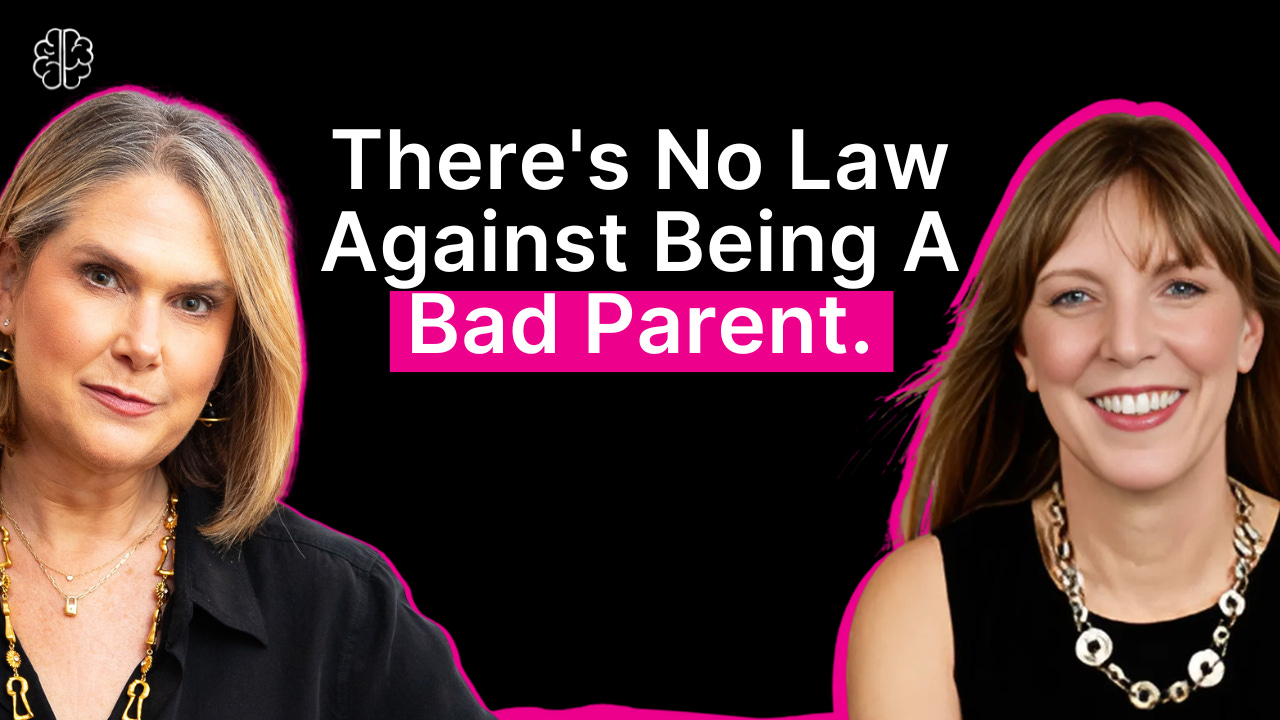On the latest episode of "Flip Your Mindset," I had the immense pleasure of sitting down with Susan Shofer, a powerhouse of knowledge and experience in a field that is, unfortunately, all too necessary: high-conflict divorce and parental alienation. This isn't just another conversation about divorce; this is a deep dive into the strategic, emotional, and often traumatic landscape that many, particularly women, are forced to navigate.
As many of you know, I hold a special place for women going through high-conflict divorces. It's a process that doesn't just bring up the current abuse and control, but also pours salt into old wounds, leaving clients emotionally distraught and dysregulated. That’s why I wanted to bring Susan on. Her unique background as a licensed private investigator turned divorce coach gives her an unparalleled edge in understanding the logistics and strategies needed to weather this storm.
Susan and I often collaborate on client cases, and as she puts it, it’s a partnership that helps clients navigate both the "clear edges" and the "messy middle" of their journey.
What Exactly is a Divorce Coach?
Many people aren’t familiar with the term, so I asked Susan to break it down. A divorce coach is more than just a life coach; they are trained professionals who understand the multifaceted nature of divorce. Susan, for instance, attended the CDC Coaching Academy for an intensive four-month program.
A good divorce coach helps with:
Financial guidance, connecting you with experts like certified divorce financial advisors.
Emotional regulation during a time of fear and upset.
Ensuring your safety, especially if domestic violence is a factor.
Strategizing your behavior throughout the process, because as Susan notes, "a lot of our behaviors because we're triggered to respond, sitting back and think a little bit before we jump into it."
Critically, Susan believes the first step in a divorce shouldn't be hiring a lawyer, but a divorce coach. Why? To build a strategy first. As she says, "I always recommend people do this very early in the game." Too often, clients come to her months into the process, feeling lost and with legal representation that isn't a good fit for their situation. It’s about creating a level playing field from the start.
The Stark Difference Between Divorce and High-Conflict Divorce
Susan laid out the landscape of divorce with striking clarity. About 85% of divorces are what she calls "normal." These are couples who grew apart and, while there might be some animosity, they make a concerted effort to be equitable and not involve the children.
The other 15%? That's the high-conflict space. These aren't just difficult divorces; they are often battles against individuals who may have personality disorders like narcissism or psychopathy. Susan has a fascinating exercise for her clients: "ask yourself, what did you see? What was the red flag you saw before you got married?" Invariably, the signs were there. As she bluntly puts it, if you were married to a high-conflict person, "what do you think they're going to be when you go to get divorced, they're going to ramp it up."
Unpacking Parental Alienation
This is where the conversation took an intense, but crucial, turn. Parental alienation is a term that gets thrown around, sometimes even weaponized, so I wanted Susan to define it from her expert perspective.
Parental alienation, in its simplest form, is when one parent turns a child against the other parent. But the reality is far more insidious. It's a "behind the scenes indoctrination of changing the child's view of that targeted parent." The core of it, Susan explains, is fear. A child rejects a parent because they have been made to fear them.
Susan powerfully distinguishes between estrangement and alienation:
Estrangement is when a child doesn't want to be with a parent for a valid reason.
Alienation is when a child has been indoctrinated to reject a parent.
How can you tell the difference? The language. An alienated child often parrots phrases and concepts that are not their own. As Susan says, "when a six year old says I don't want to go to dad's house because his girlfriend's a whore... Where does the six year old hear it?" These children can be verbose and show a startling lack of guilt about their rejection of the targeted parent. In contrast, a child who has been genuinely abused will often hide the abuse and still express love for both parents, despite the pain.
This process is devastating, not just for the targeted parent, but for the child. Susan has collected stories from 327 adults who were alienated as children, and a common thread is the immense guilt they carry. One of the most heartbreaking questions she asks them is, "which parent were you really afraid of?" The answer is "hands down 100% the alienate[ing parent]."
These children are not just manipulated; they are used as pawns. As one adult survivor told Susan, "they don't care about you. You're just something they use. And then they abandoned."
What Can You Do?
If any of this resonates with you, the overwhelming message from Susan is this: you cannot do this alone. It is a "fool's journey to think that they can do that on their own without strategic and logistical support."
The key is documentation and early intervention. If you see the signs, particularly when your children are young, it's crucial to act. The older the children get, the more the courts tend to listen to their wishes, even if those wishes are the result of manipulation.
This was such an important conversation, and I’m so grateful to Susan for sharing her expertise. Her unique blend of investigative skill, strategic coaching, and deep understanding of parental alienation is a rare and invaluable resource.
If you are facing a high-conflict divorce or suspect parental alienation, please know there is support available. You can find Susan Shofer on her website at susanshofer.com and on Instagram at @SusanShofer. She works with clients all over the world and can provide the tools, knowledge, and expertise you need to navigate this battle. As I said during our chat, going into this battle with someone who has been through it hundreds of times is simply the right thing to do.















Share this post